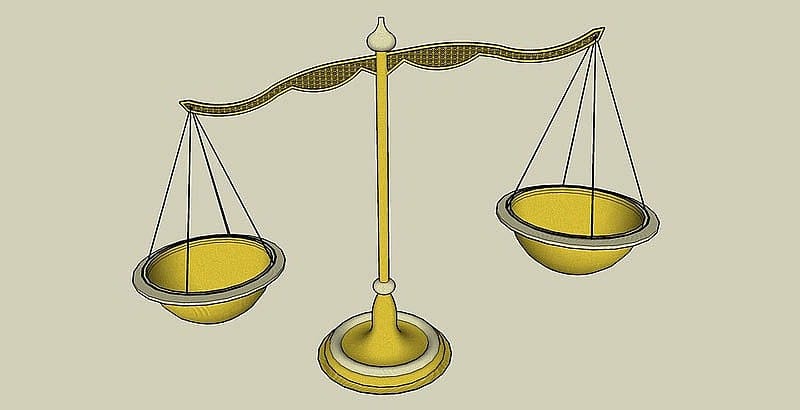Sexual identity vs. (Islamic) conscience

In my last post I commented on an attempt by the Justice Department to conceal the pro-sexual-identity message of vandals who put graffiti on an Islamic center. Others have speculated that the Department's motivations were political. I speculated that the motives were more straight-forwardly grounded in a principled commitment to sexual identity rights. And I suggested that those rights are inherently hostile not only to the conscience rights of Christians and Jews but also Muslims and all other persons who perceive the unique and intrinsic value of natural marriage.
Without speculating on the motivations of pro-sexual-identity activists, one can perceive the inherent hostility of their activism simply in the nature of the rights asserted by the activists, and by contrasting those assertions with the liberties claimed by people of conscience.
